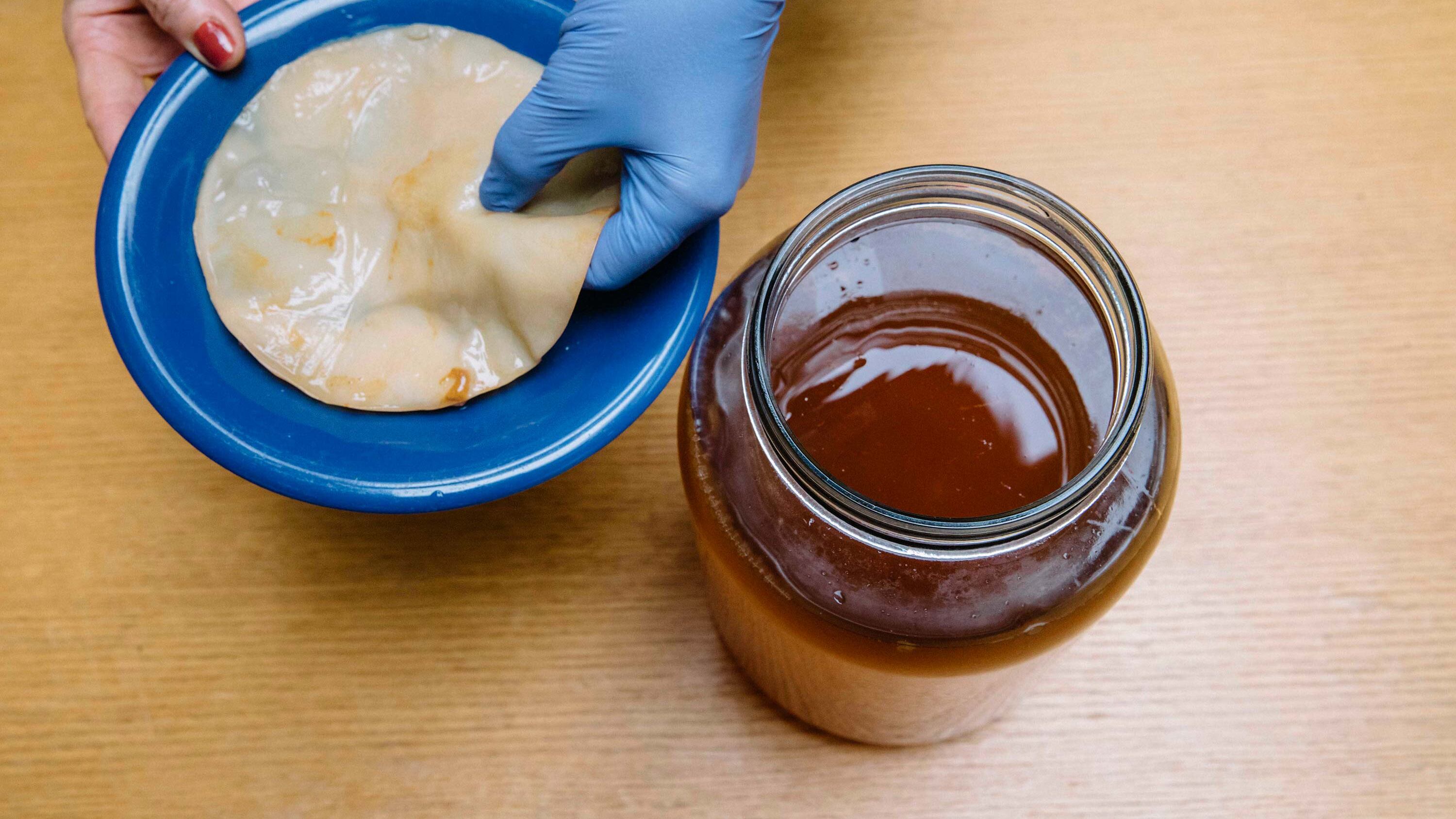Oregon State University's Fermentation Science program is best known for establishing new hop varieties and barley strains for brewers, but one of its most recent projects didn't have anything to do with beer.
Sierra Nevada's first-ever non-beer offering, Strainge Beast Hard Kombucha, was made with a bacterial culture developed by OSU assistant professor Chris Curtin and his research team at the Corvallis-based institution.
While not the most attractive fermentation aid, the SCOBY—an acronym for "symbiotic culture of bacteria and yeast," it's the slimy, solid mass that floats on top of kombucha and can then be reused to launch a new batch—is a critical part of the production process.
Curtis' PhD student, Keisha Harrison, worked closest with the Northern California-based brewing giant on the project. She had been analyzing the yeast and bacteria in the material used by kombucha brewers to better understand the production process and help meet the company's needs for the new drink.
"Keisha's research into microbial diversity of SCOBY helped us to hone in on which yeast and bacteria Sierra Nevada needed for Strainge Beast," Curtin says. "Through some trial and error we came up with a SCOBY that efficiently delivers the flavor profile they wanted."
Strainge Beast will be released in Portland this month, along with several other cities across the U.S.
Related: Portland Dietitians, Fermentation Experts and Food Scientists Dispel Kombucha Myths.

